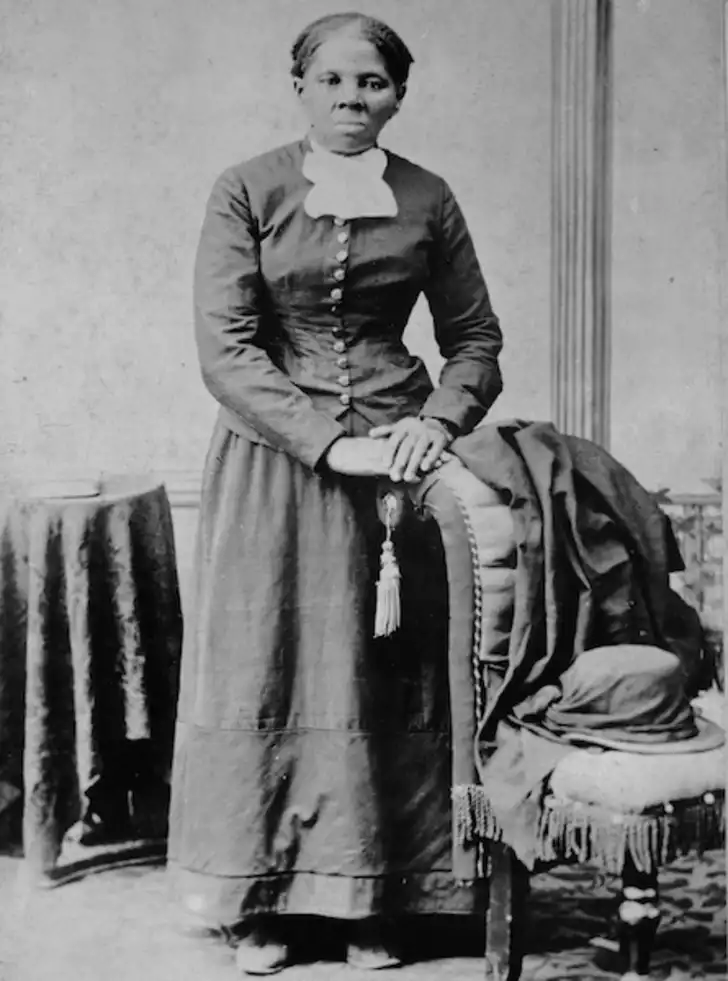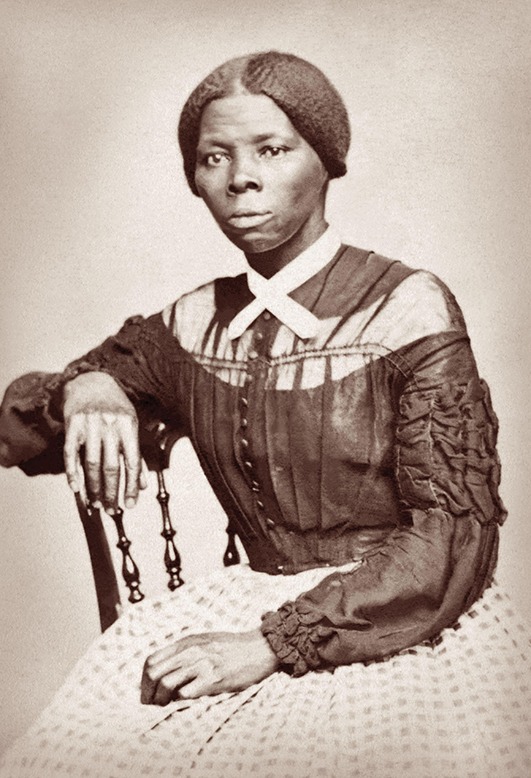
¨The abolitionist Harriet Tubman, pictured circa 1860-1875, escaped slavery and helped others do the same. She also worked as a Union spy¨.
- Library of Congress

¨The abolitionist Harriet Tubman, pictured circa 1860-1875, escaped slavery and helped others do the same. She also worked as a Union spy¨.
- Library of Congress
Harriet Rose Tubman is widely known for her efforts and contributions to the Underground Railroad. Additionally, she was also the head of espionage in 1849, for the Union Army, fighting in the Civil War. Harriet Tubman was born sometime between the years, 1820 and 1825 on a plantation in Dorchester County, Maryland. As a slave, she worked as a nursemaid and a field hand. When Harriet had received the information that her two of her brothers were going to be sold into slavery, she expressed that ‘enough was enough’. She wanted to save them from the unbearable hardships of slavery and offer them a chance of an unbound, unshackled existance. This marked the start of Harriet’s Underground Railroad operation that led to Pennsylvania, and eventually went further north, reaching Canada. From 1849 to the start of the Civil War, Harriet was transporting runaway slaves to freedom.
During the start of the Civil War, Harriet Tubman worked as a nurse, cook, and laundress to help runaway slaves. She was stationed in Fort Monroe, South Carolina, working within a military base for the Union Army. After two years of assisting runaway slaves, she was promoted to the head of a spy ring and a scout network, recruiting spies and obtaining useful information to advance the Union and assist them in winning the war. During her time as a spy, she acquired intelligence regarding the Confederate Army. Obtaining confidential information about rebel supply routes and troops. Additionally, Harriet Tubman had recruited groups of black men, who were fighting for the Confederacy, to pose as servants or slaves in order to gather even more information to aid the Union. She led a military raid along the Combahee River, South Carolina, interrupting and destroying Confederate supply routes as well as freeing more than 300 slaves.
Communicating these routes to her superiors played a crucial part in the interference of Confederate supply routes and troop chains. Without Harriet Tubman’s efforts, the Union may not have known where these supply routes were, and may not have been able to interfere with its deliveries. Resources such as cartridge boxes, food rations, rifle-muskets, and extra clothing were essential in maintaining a healthy and strong army. However, when Confederate Army soldiers did not receive such essential equipment and manpower, they were rendered incapable of effectively fighting the Union Army.

Harriet Tubman circa 1865, some 15 years after escaping slavery.
-Alpha Historica/Alamy
“I was the conductor of the Underground Railroad for eight years, and I can say what most conductors can’t say; I never ran my train off the track and I never lost a passenger.”
- Harriet Tubman
“I grew up like a neglected weed – ignorant of liberty, having no experience of it.”
- Harriet Tubman
“I have heard their groans and sighs, and seen their tears, and I would give every drop of blood in my veins to free them”
- Harriet Tubman